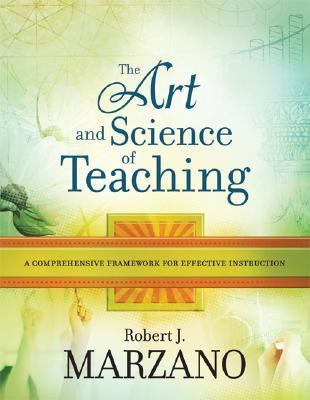
Disconnected empathy. That is the essential learning with this chapter.
While reading this chapter I kept thinking how much I take teaching personally. It's my craft, it's my passion, but the chapter kept reminding me to disconnect and not take so much personally.
Here are my takeaways:
- The quality of relationships is key to student learning
- Everything comes back to "guidance and control"
- How much are you as a teacher committed to the well-being of ALL participants
- "We are a team here and succeed and fail as a team. Additionally I have stake personally in the success of each one of you."
- Be consistent
- My biggest weakness is "The causes of many behaviors labeled and punished as rule infractions are, in fact, problems of students and teachers relating to one another."
- Teachers need to be "considerate, buoyant, and patient."
- Show the appropriate amount of dominance and cooperation
- Have emotional objectivity
- Brophy and Everston (1976) state: "professional view of their students looking upon them primarily as young learners with whom the interacted within the student-teacher relationship elicited the highest result of student learning.
- Classroom needs a sense of community
- A teachers actions as well as their works are "listened" to by the students.
- Teacher Enthusiasm is key
- Use humor....when appropriate...
- Action Steps for your classroom:
- Know something about each student, invest in them, get to know everything you can.
- Engage in student activities, go to their events, care about them and their families.
- Talk to every student every day, or as many as you can.
- Personalize learning (Blog posts on this one are plentiful: 1, 2, 3 )
- Smile, care, engage, interact, be interested...
- Use humor....when appropriate...
- Enforce both positive and negative consequence (this one I still struggle with)
- Acknowledge when students follow the rules instead of just when they don't
- Practice removing yourself from the situation
- Listen, you are not going to love every kid. Use a consistent tone. Give them the benefit of the doubt. What could have possibly make them act the way they did. Reason with them, support them, it's not personal.

No comments:
Post a Comment